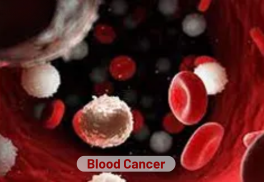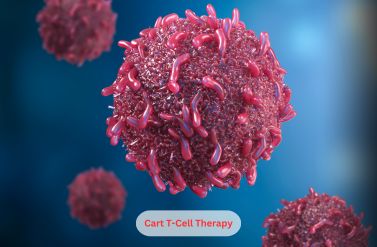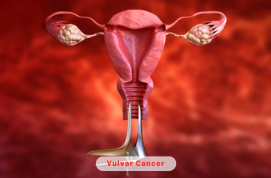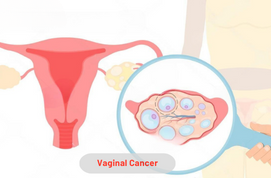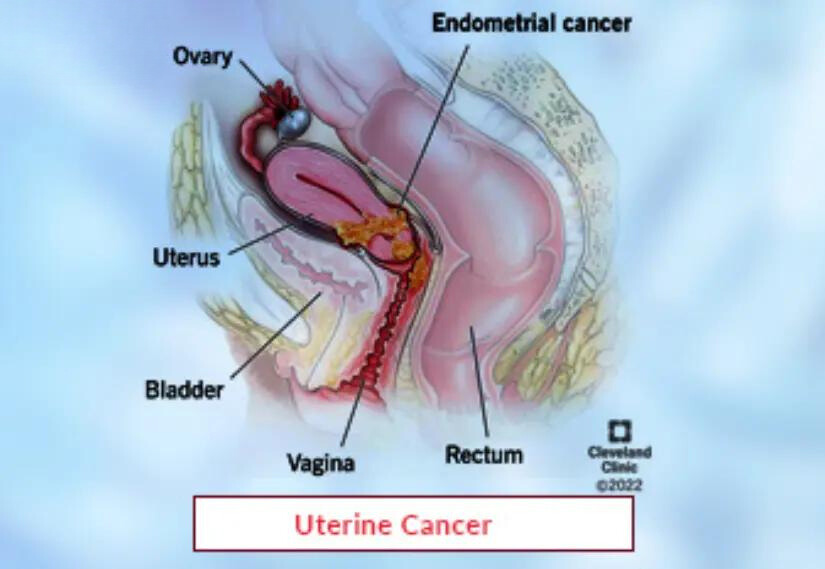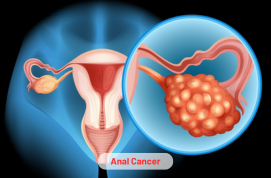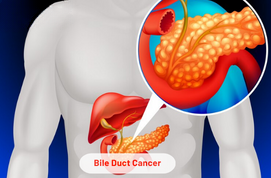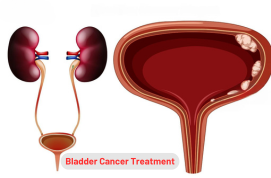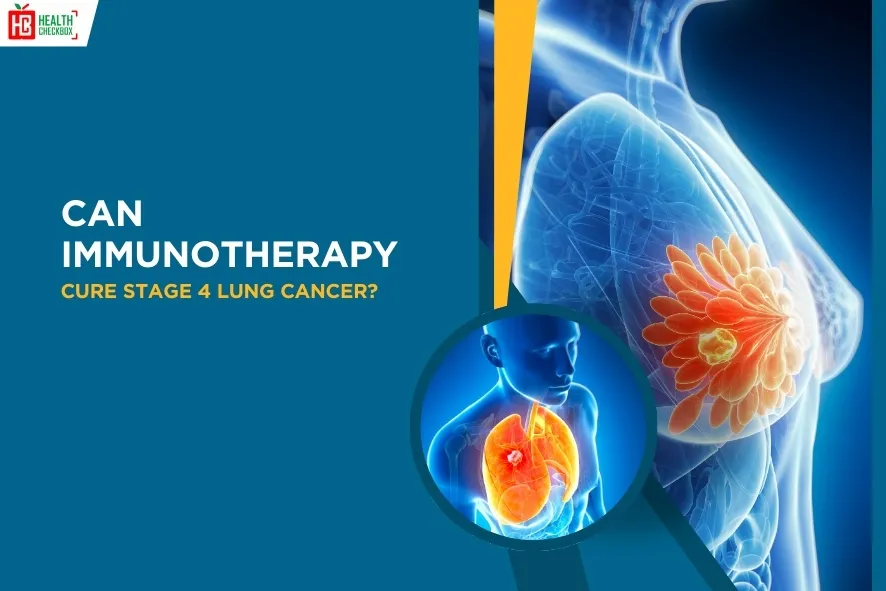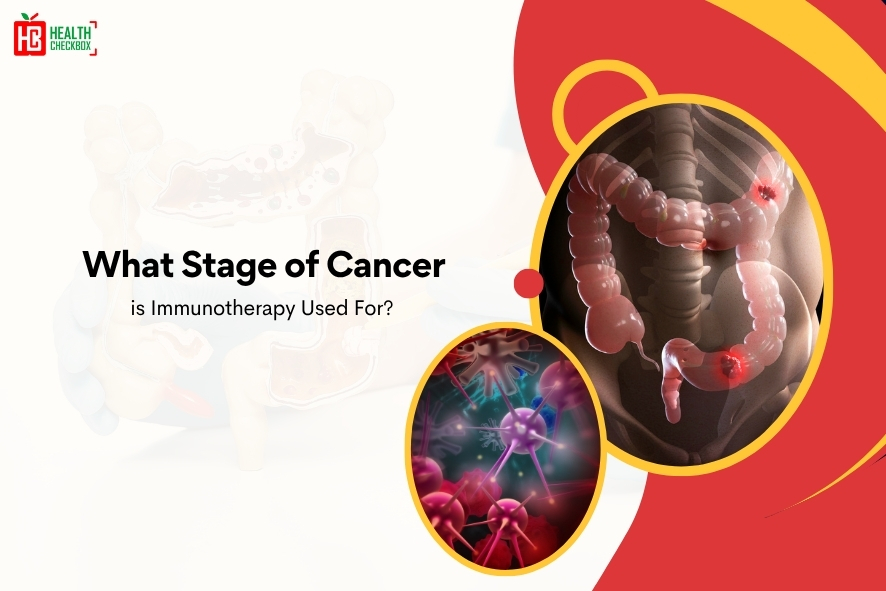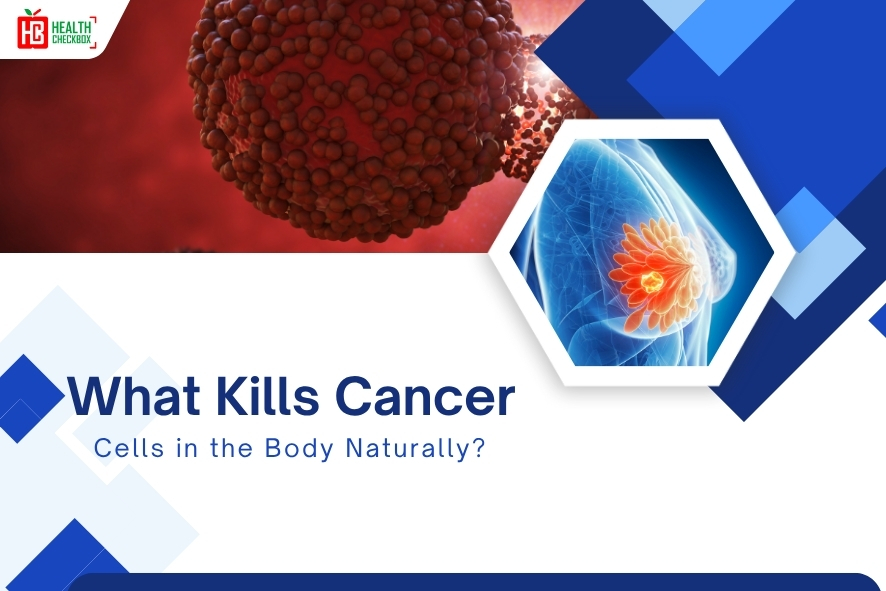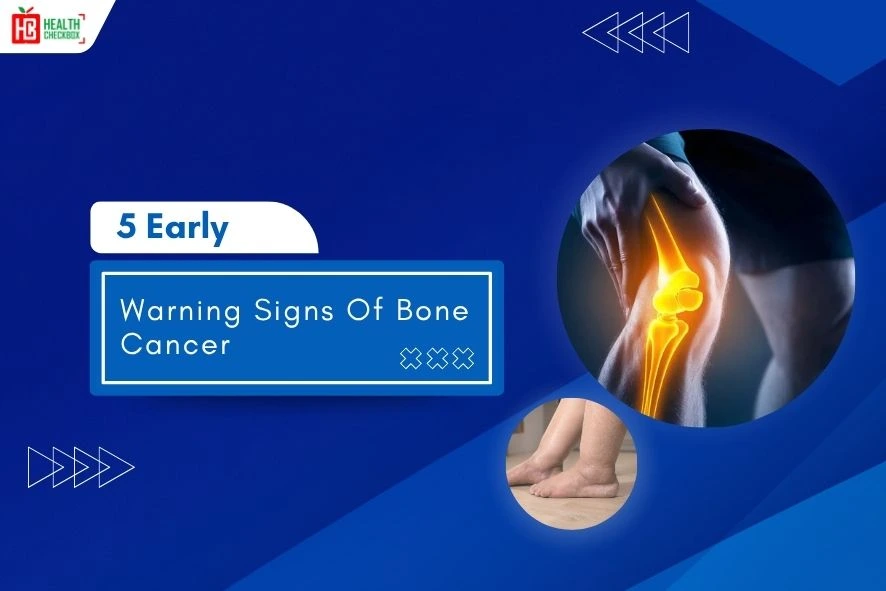Blood cancer (hematologic cancer) is the cancer that impacts the blood cells, bone marrow, and lymphatic system. Bone marrow is the primary maker of blood cells, and where these mature and carry out their tasks. For improved results and less damage, detection at an early stage and suitable cancer therapies are crucial. Patients who suffer from blood cancer have uncontrollably growing aberrant cells that cause blood cancer to interfere with normal blood processes. Blood cancer treatment can decrease the growth of blood cancer and can include oral medicines and close observation.
Nowadays, many blood cancer treatment options are available, and these are constantly evolving with time. The patient’s preferences and the severity of the cancer will highlight the course and length of treatment. The end goal is to improve the patient’s quality of life without sacrificing or compromising on his health.
Types Of Blood Cancer
Broadly, three types of blood cancer exist, which are briefly described below:
- Leukemia: It is affiliated to the cancer of bone marrow and blood. When white blood cells are produced in excess, adversely affecting our energetic blood cells.
- Lymphoma: The lymphatic system is affected, and this is a part of the immune system. An irregular increase in lymphocytes is noticed here.
- Myeloma: A type of blood cancer that grows up and multiplies rapidly in the bone marrow. Myeloma, known as a cancer of the plasma cells, suppresses the production of antibodies that reduce immunity and increase the body’s susceptibility to various infections.
What Causes Blood Cancer?
Several factors can increase the likelihood of blood cancer, some of which are given below as:
- Hereditary factors: Genetic abnormalities inherited from their parents have a greater tendency to develop blood cancer in certain hereditary cases. Additionally, some conditions, like Down syndrome, may increase the risk.
- Radiation Exposure: High radiation dosages, such as the ones received when nuclear accidents occur or radiation therapy for other malignancies, can harm blood cells’ DNA and cause blood cancer.
- Exposure to Chemicals: When exposed to certain elements, likeliness of blood cancer increases. Benzene, an unsafe and carcinogenic chemical, is one such element found in many volatile organic compounds (VOCs).
- Decrement in Immune System: Any condition that reduces the strength of the human body, like Acquired Immunodeficiency Syndrome (AIDS), gives rise to blood cancer. In such a case, the resistance power of the body gradually weakens, and this allows the abnormal cells to grow and multiply rapidly.
- Gender or Age: Certain types of blood cancer are more visible in particular men or women, and the risk increases as one ages. For instance, women are more prone to certain lymphomas, and leukemia is more prominent in men.
- Prolonged Health Conditions: Chronic diseases like autoimmune disorders or previous cancer treatments can sometimes accelerate the risk of developing blood cancer. For example, patients who have undergone chemotherapy for other cancers might have a higher risk of leukemia later.
Symptoms of Blood Cancer
Blood cancer affects the blood, lymphatic system, or bone marrow, and these can lead to different signs and symptoms. Some of which are:
- Unaccountable Bruising or Bleeding: If one has frequent bruises, nosebleeds, or gums that are noticeable and bleeding, this could be the beginning of blood cancer. This can be as a result of the platelets, which are altered and which help the blood to clot.
- Tiredness: This is one of the widely recognized symptoms and persists when the body does not get enough oxygen-rich blood.
- Infections that are Frequent: There is a high possibility that blood cancer decreases the immune system, this makes the body susceptible to various infections. One may notice becoming more sick than otherwise, or unhealthiness is increasing without any reason.
- Lymph Nodes that are Swollen: Small resembling beans, the lymph nodes help to fight infections. Inflammation in the lymph nodes, particularly in the neck, groins, and armpits, may indicate the presence of lymphoma, a blood cancer variant.
- Mystifying Weight Loss: If you are feeling less hungry or are experiencing unknowing loss in weight, then this can be an indication for blood cancer.
- Bone or Joint Pain: Bone or joint pain is common in patients who are affected by cancer. When there is a collection of abnormal blood cells in the bone marrow, then such a type of pain is experienced.
Types of Blood Cancer Treatment
Methods of treating the blood cancer patient varies, and some of the treatments that can cure the blood cancer are outlined below:
Identification and Evaluation
- This is the initial step in the blood cancer treatment.
- The health care expert can conduct blood tests, bone marrow biopsies as well as imaging scans to know if blood cancer is there in the body.
- A proper diagnosis is necessary to carry out a blood cancer treatment plan.
Chemotherapy
- This treatment is the best option for blood cancer in the first stage.
- Potent drugs are used here to get rid of cancer cells that are present all over the body.
- Pills or injections are used here.
- It may be carried out in cycles to allow the body to recuperate between treatments.
Radiation Therapy
- High-energy rays are made use of to target and get rid of cancer cells.
- When the cancer affects particular locations, then this technique is employed, like in the case of enlarged lymph nodes.
- Radiation is normally administered in small doses over multiple sessions.
- Side effects may include skin irritation and exhaustion in the treated area.
Bone Marrow Transplant/Stem Cell
- Bone marrow treatment for cancer patients, and certain cancer patients may require this type of treatment.
- Bone marrow that is infected or damaged is replaced with a healthy stem cell. This transplant then restores the production of normal blood cells.
Immunotherapy
- This is one of the new techniques, and the body’s resistance power is used to identify and kill all the ill-healthy cancer cells.
- Treatment such as CAR T-cell therapy, in which patients’ self-immune cells themselves are adapted strongly to fight cancer is properly and effectively utilized here.
- The immune system is stimulated to recognize and eliminate cancer cells.
Constant Monitoring
- Thorough and regular check-ups must be done constantly in the treatment of blood cancer to monitor the progress. This is vital to make sure the treatment is effective and the side-effects are controlled.
Clinical Trials
- Trying to participate in as many clinical trials as possible may be a good option for many patients who suffer from blood cancer.
- These trials test the new treatments and can furnish access to cutting-edge therapies that are not yet widely available.
Precautions in Blood Cancer
There is no guarantee for total prevention of blood cancer, but by taking the below mentioned precautions it can be reduced greatly:
- Refrain from Smoking: To avoid leukemia, you should totally give up smoking.
- Exposure to Carcinogens: Access to chemicals like formaldehyde and benzene should be avoided as these are carcinogens.
- Taking a Healthy and Balanced Diet: Fruits and vegetables rich in antioxidants and vitamins should be taken in plenty to help defend the cells.
Latest Health Tips
Can Immunotherapy Cure Stage 4 Lung Cancer?
Early Signs of Cervical Cancer
Foods that Kill Cancer: Leafy Vegetables, Grains, & More
What Stage of Cancer is Immunotherapy Used For?
Which is Worse for Cancer, Sugar or Alcohol?
Vaccines That Prevent Cancer
What Kills Cancer Cells in the Body Naturally?
Early Warning Signs of Bone Cancer
Submit Your Enquiry
Testimonials








